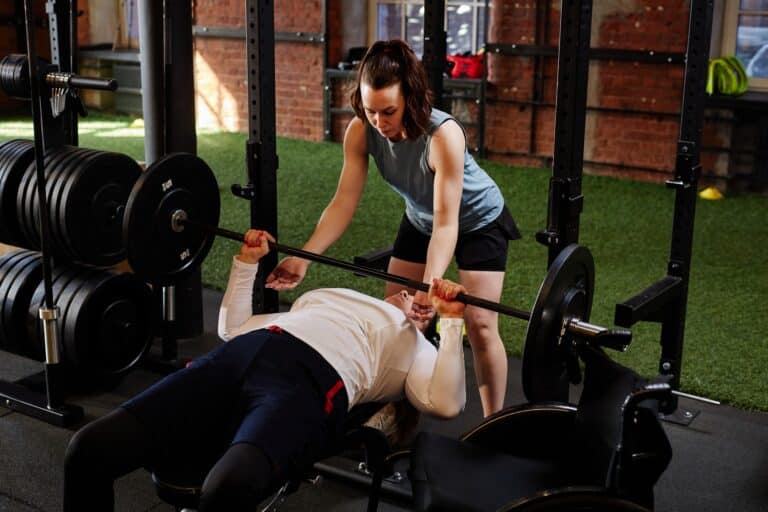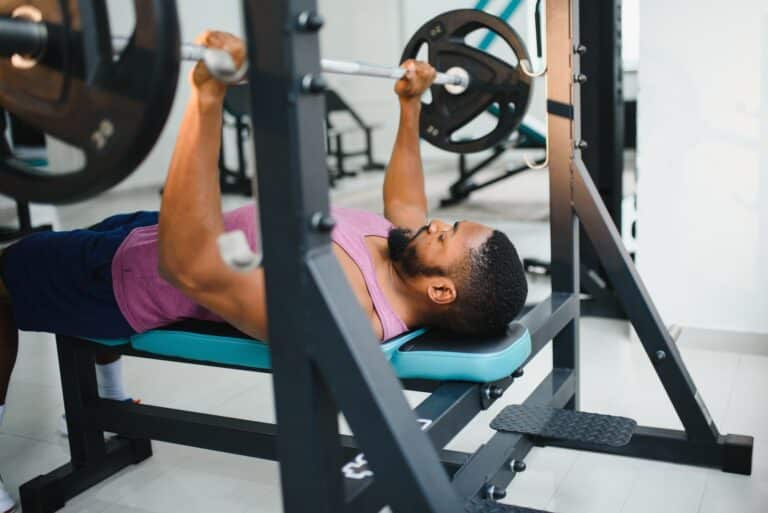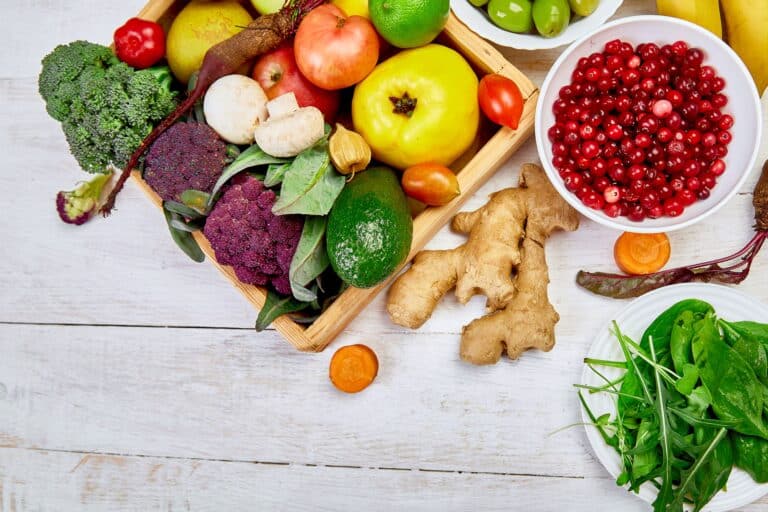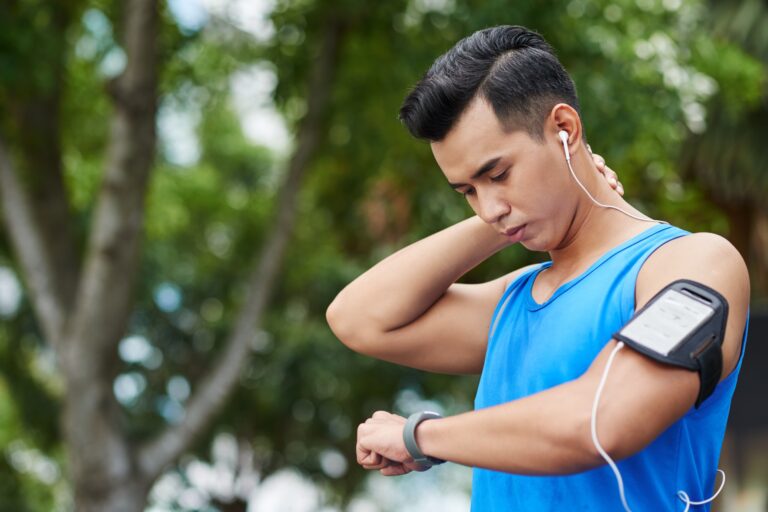When it comes to optimizing performance in team sports, nutrition plays a critical role. Unlike individual sports, team sports require a unique approach to nutrition that considers the demands of different positions, the need for sustained energy, and the importance of recovery. As a candidate for the Certified Sports Nutritionist from the International Society of Sports Nutrition (CISSN) certification, you’ll need to understand these nuances to provide effective guidance to athletes.
In this blog post, we’ll explore the key nutritional needs of team sport athletes, including pre-game and post-game strategies, hydration, and electrolyte balance. We’ll also discuss how GIFTED Academics’ CISSN prep course can help you master these concepts and prepare for the exam.
The Unique Nutritional Needs of Team Sport Athletes
Team sports like soccer, basketball, football, and rugby require athletes to maintain high levels of energy, strength, and endurance throughout the game. Unlike individual sports, where the focus may be on a specific type of performance, team sports demand a combination of skills, including speed, agility, power, and endurance.
Energy Demands of Team Sports
One of the biggest challenges in team sports is the need for sustained energy. Athletes often need to perform at a high intensity for prolonged periods, with short bursts of maximum effort followed by brief recovery periods. This requires a well-balanced diet that provides adequate carbohydrates, proteins, and fats to fuel both aerobic and anaerobic activities.
- Carbohydrates: As the primary source of energy, carbohydrates are essential for maintaining blood glucose levels and fueling muscle glycogen stores. For team sport athletes, a diet rich in complex carbohydrates like whole grains, fruits, and vegetables is crucial for sustained energy.
- Proteins: Proteins are vital for muscle repair and recovery, especially after intense training or games. Athletes should aim to consume high-quality protein sources such as lean meats, dairy, eggs, and plant-based proteins.
- Fats: Healthy fats are important for hormone production, energy storage, and overall health. Incorporating sources of omega-3 and omega-6 fatty acids, like fish, nuts, seeds, and avocados, can help support the energy needs of team sport athletes.
Pre-Game Nutrition Strategies
Proper nutrition before a game can significantly impact an athlete’s performance. The goal is to fuel the body with the right nutrients to ensure that athletes have the energy they need to perform at their best.
Timing and Composition
- 3-4 Hours Before the Game: A balanced meal with a focus on complex carbohydrates, moderate protein, and low fat is ideal. This meal helps top off glycogen stores and provides a steady release of energy.
- 1-2 Hours Before the Game: A smaller, easily digestible snack that includes simple carbohydrates and a small amount of protein can provide a quick energy boost without causing discomfort.
Hydration
Hydration is equally important. Athletes should begin hydrating well before the game starts, aiming to consume 16-20 ounces of water 2-3 hours before the game, followed by another 8-10 ounces 20-30 minutes before kick-off. Maintaining electrolyte balance is also crucial, especially in hot and humid conditions.
Post-Game Nutrition: Recovery and Replenishment
Recovery is a critical phase in any athlete’s training cycle, and team sport athletes are no exception. The goal of post-game nutrition is to replenish glycogen stores, repair muscle tissue, and rehydrate the body.
The 3 R’s of Recovery
- Refuel: Consuming carbohydrates immediately after the game helps replenish depleted glycogen stores. Athletes should aim to consume about 1.0-1.2 grams of carbohydrates per kilogram of body weight within the first 30 minutes post-exercise.
- Repair: Protein is essential for repairing muscle damage and promoting recovery. A post-game meal or snack that includes 20-30 grams of high-quality protein can help kickstart the recovery process.
- Rehydrate: Rehydration is key to restoring fluid balance and replacing lost electrolytes. Athletes should drink 1.5 times the amount of fluid lost during the game and consider using sports drinks or electrolyte-rich foods to restore sodium, potassium, and magnesium levels.
Hydration and Electrolyte Balance in Team Sports
Team sports often involve long periods of play with minimal breaks, making hydration and electrolyte management critical to maintaining performance. Dehydration can lead to decreased endurance, impaired cognitive function, and a higher risk of injury.
Hydration During the Game
Athletes should aim to drink small amounts of water or a sports drink every 15-20 minutes during play, adjusting based on their individual sweat rate and the environmental conditions. For sports with longer durations, incorporating electrolytes into hydration strategies can help prevent cramps and other issues related to electrolyte imbalances.
Monitoring Hydration Status
Encouraging athletes to monitor their hydration status by checking urine color and body weight before and after games can help ensure they are adequately hydrated. Clear to pale yellow urine typically indicates good hydration, while darker urine suggests a need for more fluids.
Surprising Statistics on Team Sports Nutrition
Did you know that research shows properly fueled and hydrated team athletes can see up to a 15% improvement in performance? Additionally, studies indicate that teams with comprehensive nutrition and hydration strategies have a 25% lower injury rate and recover faster between games.
How GIFTED Academics Can Help You Master Team Sports Nutrition
Understanding the unique nutritional needs of team sport athletes is crucial for passing the CISSN exam and for providing effective guidance in your professional practice. GIFTED Academics’ CISSN online certification prep course is designed to help you master these topics and excel on the exam.
What You’ll Learn in the Course
Our course covers all aspects of sports nutrition, including specialized modules on team sports nutrition. You’ll learn how to develop comprehensive nutrition plans that address the energy, hydration, and recovery needs of team athletes, all backed by the latest research and best practices.
Why Choose GIFTED Academics?
With expert instructors and a curriculum developed in partnership with the ISSN, GIFTED Academics offers the most comprehensive and efficient path to CISSN certification.
- Expert Instruction: Learn from top professionals in the field who bring real-world experience to the classroom.
- Comprehensive Content: Our course covers everything you need to know to pass the CISSN exam, including in-depth modules on team sports nutrition.
- Flexible Learning: Study at your own pace with lifetime access to course materials on the Kajabi platform, available on both web and mobile.
- 1-on-1 Support: Personalized virtual review sessions are available for those seeking additional guidance and support.
As the official Education Branch of the ISSN, GIFTED Academics ensures that our course is aligned with the highest standards of sports nutrition education.





